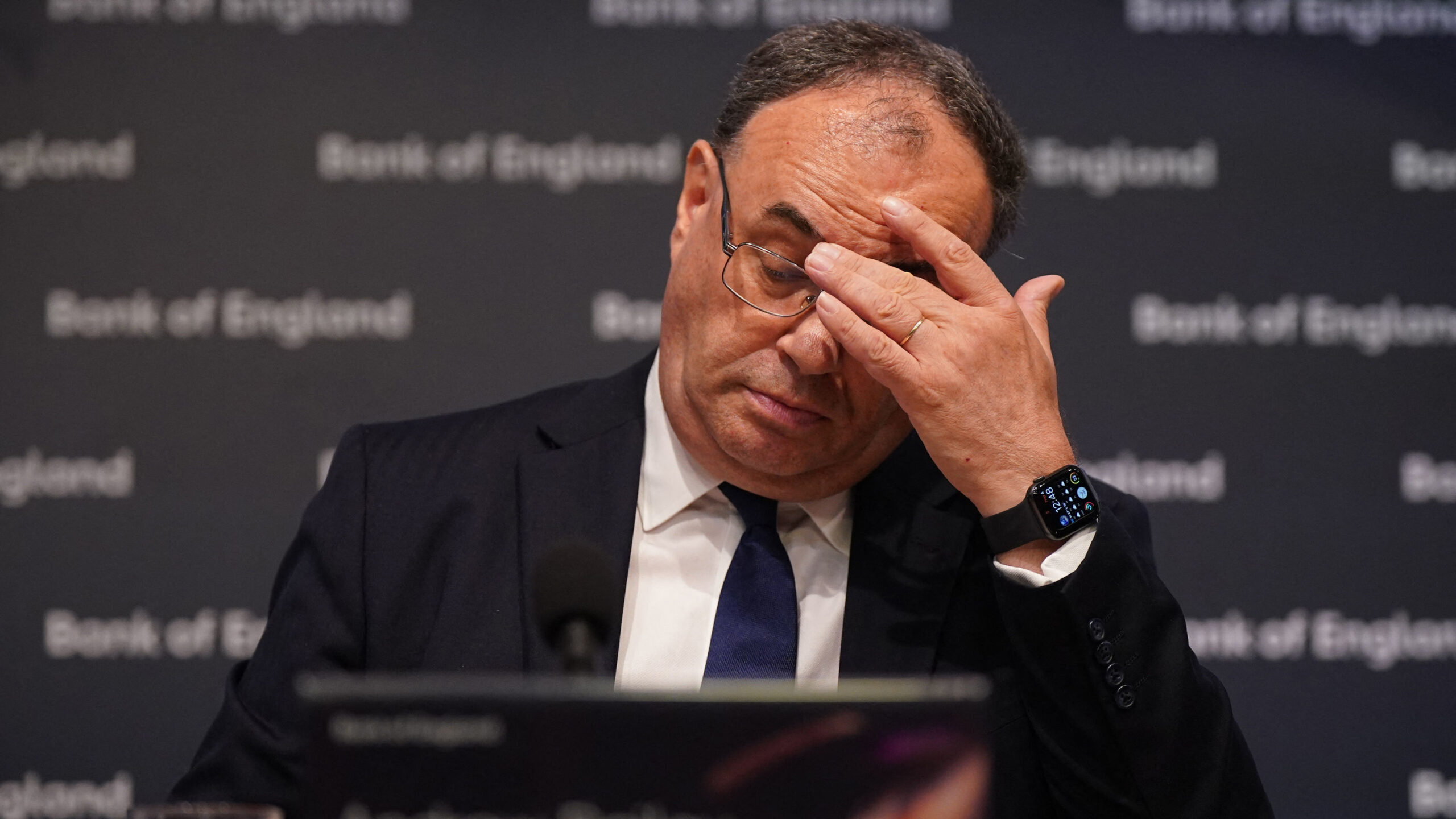The Bank of England has decided to hike interest rates another 25bps. This brings the bank rate up to 5.25%, the highest rate seen in 15 years. The 25bps should come as no surprise, but it should not take away from the fact that this rate increase is the 14th consecutive increase we have seen in the past few months.
The Bank is being aggressive with its interest rate increases because it has no real choice. In June, the consumer price index registered a 7.9% change year-on-year. While this had fallen from 8.7% in May, the British inflation rate remains far above its peers. The Eurozone inflation rate in the same month was 5.5% while in the United States it was only 3%.
Nor are these abstract numbers. The cost-of-living crisis is the elephant in the room that the government does not want to recognise because it do not really know how to address it. Earlier this week it was reported that the number of British households missing essential bill payments had risen back to levels seen last winter. The government has been promising that energy bills would ease for some time, but we have yet to see it — and when they do ease, it will not be by much.
Since the outbreak of the war in Ukraine in February last year and the disruption to energy supplies due to sanctions and counter-sanctions, the economy has rocketed to being the most important issue for voters. Today 60% of people list it in their top three concerns with the next biggest concern, health, at 41% and immigration a close third at 35%. The day the war broke out in February of last year Labour had a 4 point lead over the Tories in the polls — today that lead is 23 points.
Yet if the government thinks that the Bank is going to save them, it has another thing coming. It is an open secret that, to get inflation under control, the Bank will likely have to keep hiking rates until the economy slips into recession. And while the incumbent government’s poll numbers can’t really get much worse, a recession is likely to be just as unpopular as inflation.
Where will that recession come from? Most likely the construction sector. Earlier this week Nationwide reported that house prices had fallen by 3.8%, the sharpest fall in 14 years. This is already feeding through into construction sector output, which has been falling since February of this year and as of May was just over 1.3% lower than its peak. At some point, this fall in construction output will feed through to construction employment and this will likely be what drags the economy into recession.
The Ukraine war and the resulting sanctions and counter-sanctions have wreaked havoc on the European economies. None have been worse hit than Britain, which was in a fragile position both from the point-of-view of its energy policy and its overreliance on imports and foreign capital flows. The Bank of England is now in the unenviable position of trying to put things back on an even keel but to do so it will likely need to create a recession. Looking at the data, that recession is already perceivable on the horizon.











Join the discussion
Join like minded readers that support our journalism by becoming a paid subscriber
To join the discussion in the comments, become a paid subscriber.
Join like minded readers that support our journalism, read unlimited articles and enjoy other subscriber-only benefits.
Subscribe